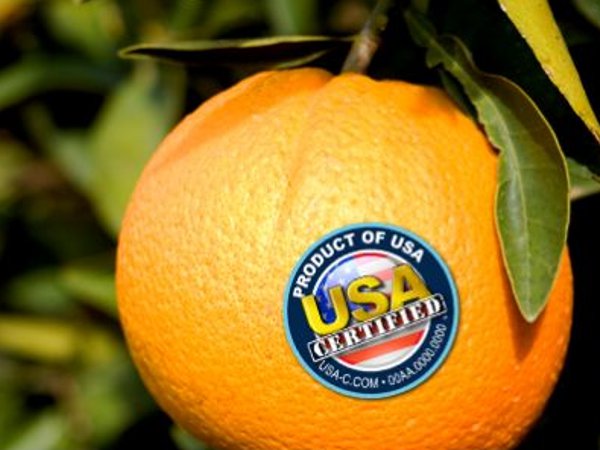
Now sailing under the Google flag of freedom, Motorola unveiled its much talked about Moto X phone Thursday afternoon. It’s the phone that’s supposed to put Motorola back on the map. Will it? Probably not, since it’s doubtful anyone is going to buy a mid-tier phone that’s priced identical to an iPhone.
But you may have noticed something else (aside from the painfully tired sexist ads): everyone’s talking about how it’s made in the United States. At the unveiling, the Motorola team made it sound like it’s supposed to be sort of a big deal. But it’s not.
Many of us—especially we devoted Apple fanbois—are still reeling from the report released earlier this week by China Labor Watch that details the horrific abuses and exploitation that Pegatron factory workers are suffering at the hands of their employers. Compulsory overtime, unlivable wages, dangerous working conditions, crowded living conditions, forced unpaid work (which is also colloquially known as slave labor), and fines for quitting or failing to push your chair in after you eat. It makes Foxconn and its string of employee suicides look like milktoast.
But it’s not just Apple. Virtually all of the major tech manufacturers are sourcing their parts from abusive facilities in China. Pegatron also makes parts for Dell, Microsoft, Nokia, HP, Asus, Acer, Sony, and Panasonic. And don’t go thinking Samsung is any better. A recent investigation into Samsung’s supplier HEG Electronics by CLW revealed rampant child labor, in which children (many under the age of 16) are working in the same harsh conditions as adults and getting injured on the job while only making 70% of what their adult counterparts are making.
As it happens, HEG Electronics also supplies parts for Motorola.
So what is this bullshittery about the Moto X being made in the USA? Well, if we’re going to be specific, it’s assembled in the US. Its components still come from overseas slave labor, but those parts are being assembled in Fort Worth, Texas by Flextronics.
Oh my God—guess what, you guys! ALL my Ikea furniture was also assembled in the US! And what’s this bullshit about buying local food? ALL my food was prepared in California!
At least Motorola’s USA-made claim isn’t as weak as Apple’s “designed in California” campaign. I love that. The Mac, iPhone, iPad—they were all thought up in the US. There. Happy now?
Furthermore, as a China Labor Watch spokesperson pointed out, the Moto X isn’t being produced in large numbers. The scale of production for this particular device is not very large.
So why is it supposed to be a big deal that the Moto X is being assembled in the US at all? Well, because it will bring jobs to the US—2000 to be exact.
Additionally, Apple is investing some $100 million in a Mac product line in Texas. So that should create a bunch of jobs in the US, right?
Yeah…except it’s Texas. The state that doesn’t require fertilizer plants to carry liability insurance even if they’re storing highly explosive chemicals. It’s the state where business regulations are so non-existent that the West Fertilizer plant hadn’t been inspected since 1985—and even then, when it was cited for five serious violations including improper storage and handling of anhydrous ammonia and improper respiratory protection for workers, OSHA only fined the plant $30.
Texas is the state that has the largest city in the country, Houston, that is completely devoid of zoning laws. It also doesn’t require companies to contribute to workers’ compensation coverage. And it’s the state that not only has no state fire code, but actually prohibits 70% of its counties from adopting fire codes that would regulate how chemicals can be handled and stored because they’re not “business friendly.”
Surprise! Texas also has the highest number of workplace fatalities in the nation–411 in 2011, compared to 390 in California (the most populous state in the nation) and just 206 in New York.
Sooo, Apple and Motorola: I’m not impressed.
What would be impressive is if companies like Apple, Samsung, and Motorola took steps to circumvent factory management to protect workers. For example, China Labor Watch spokesperson Quiang Li says that tech companies should be establishing independent third party hotlines that workers can call to report violations.
Until that happens, I will continue to hold Apple, Samsung, and other tech companies responsible for my First World guilt.
Image source: madeinusafiles

















